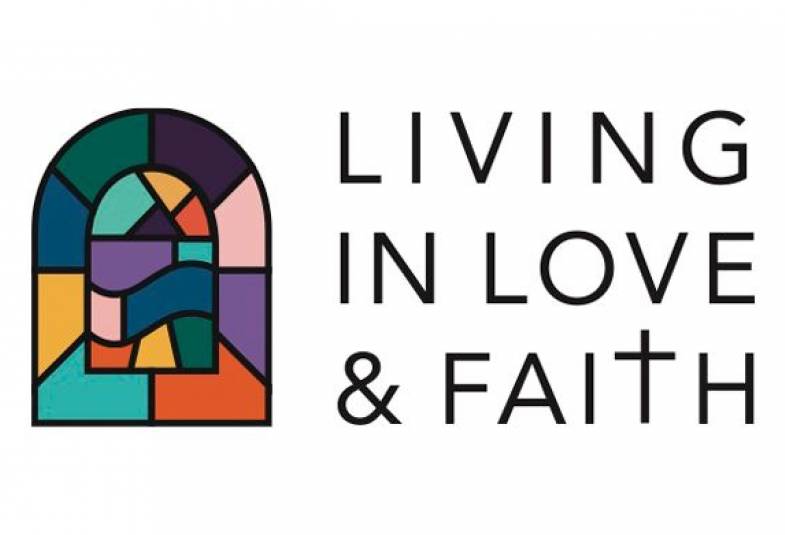Update from the Living in Love and Faith implementation working groups
A series of working groups taking forward proposals for the Church of England on identity, sexuality, relationships and marriage are up and running.
At its February meeting in London, the Church of England’s General Synod, considered proposals from the bishops which would enable same-sex couples who have marked a significant stage of their relationship such as a civil marriage or civil partnership to come to church to give thanks, offer prayers of dedication to God and to receive God’s blessing.
As well as a landmark debate on a motion (below), Synod members also met in smaller groups to consider and comment on a set of draft texts known as Prayers of Love and Faith, and to offer their views on proposed pastoral guidance.
At its meeting in March, the College of Bishops agreed to set up three working groups to implement Synod’s decision, tasked with:
- Drafting new pastoral guidance
- Further refining the texts of Prayers of Love and Faith in the light of feedback from Synod
- Examining what pastoral reassurance will be required to ensure freedom of conscience for clergy and laity.
The full membership of the groups, drawn from across the Church of England, is below and the draft terms of reference for the groups can be found on the Living in Love and Faith section of the Church of England website.
Their work will be co-ordinated by a steering group co-chaired by the Bishop of London, Sarah Mullally, and the Bishop of Truro, Philip Mounstephen.
The groups met together in London recently and have been meeting individually regularly.
The full motion, as amended, approved by Synod was as follows:
‘That this Synod, recognising the commitment to learning and deep listening to God and to each other of the Living in Love and Faith process, and desiring with God’s help to journey together while acknowledging the different deeply held convictions within the Church:
- A.lament and repent of the failure of the Church to be welcoming to LGBTQI+ people and the harm that LGBTQI+ people have experienced and continue to experience in the life of the Church;
- B.recommit to our shared witness to God’s love for and acceptance of every person by continuing to embed the Pastoral Principles in our life together locally and nationally;
- C.commend the continued learning together enabled by the Living in Love and Faith process and resources in relation to identity, sexuality, relationships and marriage;
- D.welcome the decision of the House of Bishops to replace Issues in Human Sexuality with new pastoral guidance;
- E.welcome the response from the College of Bishops and look forward to the House of Bishops further refining, commending and issuing the Prayers of Love and Faith described in GS 2289 and its Annexes;
- F.invite the House of Bishops to monitor the Church’s use of and response to the Prayers of Love and Faith, once they have been commended and published, and to report back to Synod in five years’ time.’
- G.endorse the decision of the College and House of Bishops not to propose any change to the doctrine of marriage, and their intention that the final version of the Prayers of Love and Faith should not be contrary to or indicative of a departure from the doctrine of the Church of England.
